Making sense of the markets this week: May 19, 2024
U.S. inflation is down, Walmart hits all-time highs, Canadian utilities plod along, and did you think it was “game over” for meme stocks?
Advertisement
U.S. inflation is down, Walmart hits all-time highs, Canadian utilities plod along, and did you think it was “game over” for meme stocks?

Kyle Prevost, creator of 4 Steps to a Worry-Free Retirement, Canada’s DIY retirement planning course, shares financial headlines and offers context for Canadian investors.
The correlation between lowering inflation rates and inflated stock prices continued this week.
The U.S. Bureau of Labor Statistics reported that the American Consumer Price Index (CPI) increased by 0.3% in April, which was slightly lower than what most economists had predicted.
In response, the S&P 500 index was up 1.17% on Wednesday, closing above 5,300 for the first time ever. The Nasdaq was up 1.40% on the day, and the Dow Jones was up 0.88% (and then briefly passed 40,000 for the first time on Thursday before closing just below that milestone).
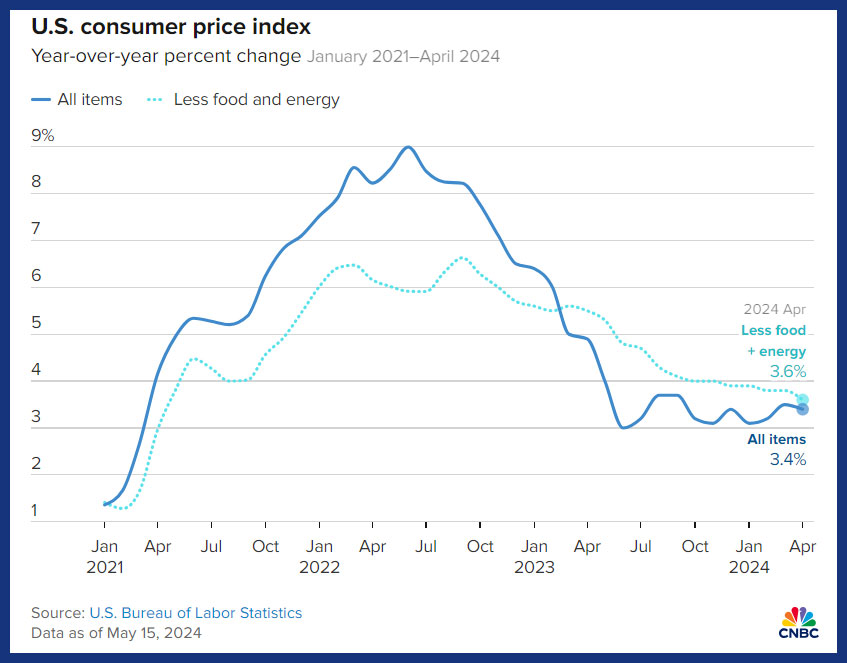
It’s clear that U.S. market investors are eagerly awaiting signs that a new era of “cheap money” is about to begin, despite several cautious comments from the U.S. Federal Reserve Chair Jerome Powell. Earlier in the week, he stated, “We’ll need to be patient and let restrictive policy do its work […] I do think it’s really a question of keeping policy at the current rate for longer than had been thought.”
Other takeaways from the report included:
Market traders are betting for a 70% chance of an interest-rate cut in September, even as the U.S. Fed tries to cool those expectations. The sliding Canadian dollar was also up to five-week highs, versus its American counterpart as a result of the moderating inflation report on Wednesday.

Get up to 3.00% interest on your savings without any fees.

Lock in your deposit and earn a guaranteed interest rate of 3.40%.

Earn 4.50% for 5 months on eligible deposits up to $500k. Offer ends January 31, 2026
MoneySense is an award-winning magazine, helping Canadians navigate money matters since 1999. Our editorial team of trained journalists works closely with leading personal finance experts in Canada. To help you find the best financial products, we compare the offerings from over 12 major institutions, including banks, credit unions and card issuers. Learn more about our advertising and trusted partners.
It was an all-round positive earnings report, as Walmart slightly increased its future guidance in addition to posting a solid earnings beat.
More high-income and online shoppers provided Walmart with a boost in the first quarter of 2024. All figures in U.S. dollars.
Walmart shares were up more than 6% in pre-trading on Thursday, taking the stock to new all-time highs.
Walmart’s Chief financial officer John David Rainey highlighted the fact that e-commerce sales were up 22% YOY, as the retailer’s delivery business surpassed its store pickup volume for the first time.
Rainey went on to comment on the state of American consumers. While “wallets are still stretched,” it was also the case that “even the low-income consumer seems to be holding in there pretty well,” he said. He also added that shoppers were still coming to Walmart to buy necessities like food and health-related items, along with less general merchandise (such as home goods and electronics).
Going forward, Walmart is banking for growth on new revenue drivers, such as its subscription program, Walmart+. Global advertising grew 24% in Q1 and will be an interesting supplemental line of business for the company going forward—as it has been for retail rival Amazon.
In less celebratory news, Walmart has plans to streamline its store offerings by shuttering Walmart health clinics in American locations.
Fellow big box-store titan Home Depot had a predictably-less stellar quarter than Walmart.
Given that consumers continue to cut back on home renovations after the massive COVID reno-boom, it stands to reason that Home Depot shareholders might be in for a bit of a sideways run for a while.
On Monday, the company revealed that while it was reporting its worst revenue miss in two decades, its bottom line was still holding up pretty well. Shares were mostly flat on the week.

One post on X, formerly known as Twitter, is all it took to squeeze a billion dollars out of companies shorting GameStop this week.
— Roaring Kitty (@TheRoaringKitty) May 13, 2024
For those who haven’t watched Dumb Money or Eat The Rich (excellent airplane flicks btw), GameStop stock is the iconic “meme stock.”
A meme stock is an equity that sees growth instigated by internet memes—usually not based on earnings or value. To sum it up: GameStop is a semi-dying company that appears unlikely to make a profit in the foreseeable future. Consequently, it doesn’t make a lot of sense (according to traditional investing metrics) to pay a high price for GameStop stock. However, speculative bets on where its price could move can quickly make investors money (or make them lose it) quite quickly. Investors who short sell GameStop’s stock are essentially betting that the price will continue to go down. If enough people buy shares of GameStop, those short bets against its share price can cost those investors a ton of money.
Short selling is a strategy for profiting when the price of a stock declines. A stock (or other security) that you own is referred to as a long position. When you sell a stock (or other security) that you do not own, this is called a short position.
Read “What is short selling?” in the MoneySense glossary.
A reasonable person might ask the following questions: What is Roaring Kitty? Why are they suddenly leaning forward on GameStop? And, how did this tweet cost investors more than a billion dollars in a single day?”
Welcome to the unreasonable world of meme stocks. And, @TheRoaringKitty is the X account of Keith Gill. He was in the middle of the incredible price spike of GameStop (among other meme stocks) back in 2021. He posted the above picture on Sunday (a gamer meme about getting serious) and followed it up with several adrenaline-fuelled posts from online pop culture.
To those uninitiated in analyzing Twitter fundamentals (as opposed to actual company financial fundamental reports), these posts instigated Gill’s army of retail traders with the green light to buy Gamestop (and maybe other meme stocks) to cause a short squeeze.
Here’s what has happened since then:
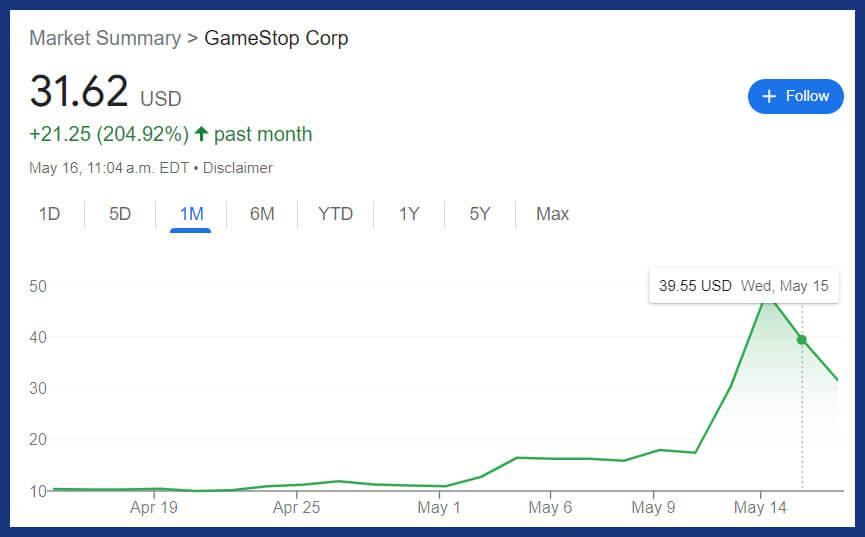
In its enthusiasm to complete its main GameStop mission, the Roaring Kitty army decided to pursue a few side quests as well:
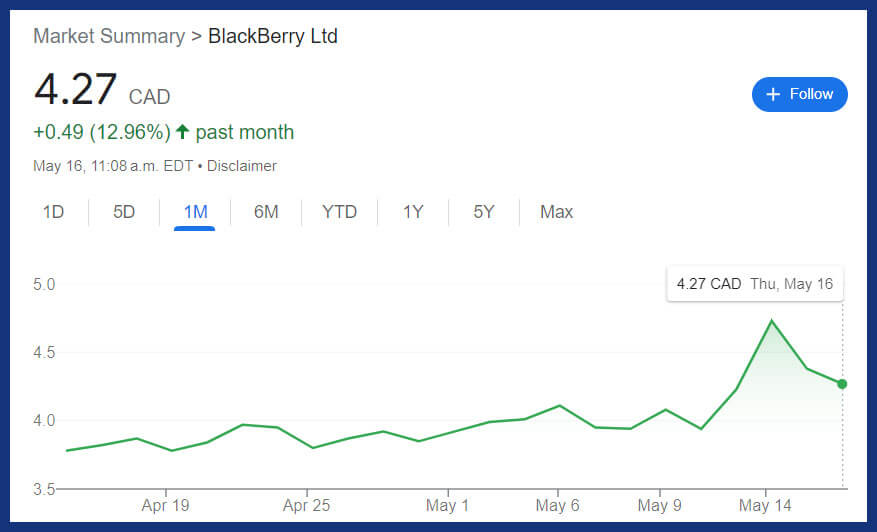
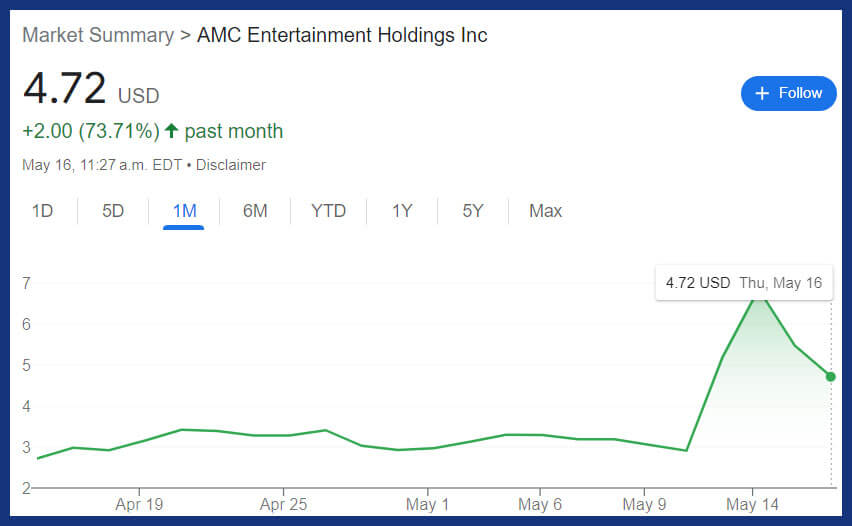
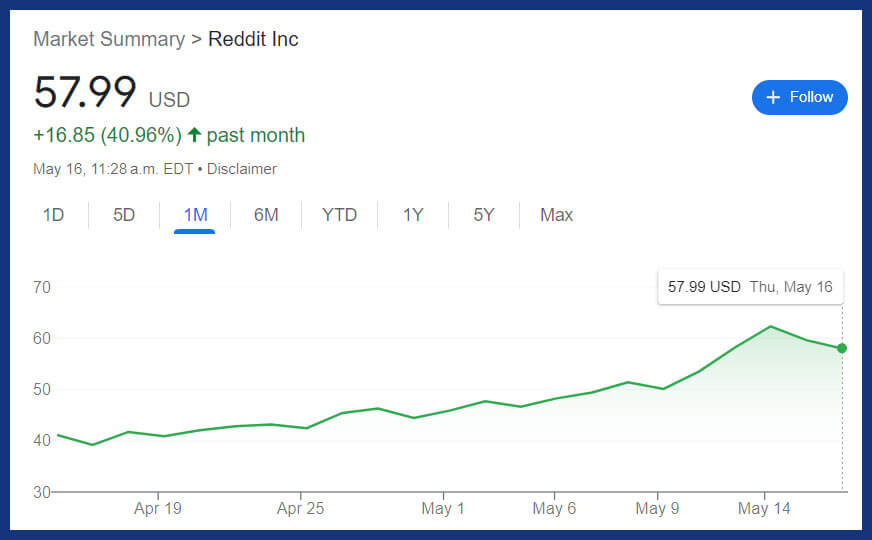
As of press time, it appeared that much of the momentum had burned out of the current meme stock moonshots. But I wouldn’t try to bet with or against these competing speculators, even if you have fond patriotism-tinged nostalgic memories about your first Blackberry phone.
To put this into perspective, one brokerage alone (Robinhood) reported that there were $5 billion-worth of GameStop and AMC shares traded on Tuesday.
Once again, these are shares of companies that don’t actually make money and have no real prospects of making money in the foreseeable future.
With no big earnings surprises, shareholders appeared to take the utilities earnings news in stride, as these three utility companies saw their shares go up between 1.5% and 3% in the days following their earnings announcements.
It was a “steady as she goes” quarter for three of Canada’s big utility companies this week.
Warmer weather and higher interest costs appeared to be common factors in reduced profits for all three companies. You can read more about these companies by checking out our post on the best Canadian utility stocks on MillionDollarJourney.com.
So there you have it. This week, it was much more profitable to own shares of companies that haven’t made any money for a long time (GameStop) than it was to own boringly-profitable Canadian utility stocks.
If you’re going to try and “make sense of the markets,” make sure you zoom out and take a long-term view of things. Otherwise, you might miss the boring, profitable forest, while you focus on the illusionary, quick-sprouting trees.
Share this article Share on Facebook Share on Twitter Share on Linkedin Share on Reddit Share on Email
Walmart, one of my favourites.
As I wrote in this space (Making Sense of the Markets) in early 2022 … “I own Walmart. And I truly appreciate those boring stocks. I’ll leave the growth to Apple (AAPL), Microsoft (MSFT), Nike (NKE) and others.”
Started over weighting Colgate Palmolive in 2023 in my wife’s account. That boring stock is on a tear.
Boring stocks for a not so boring retirement.